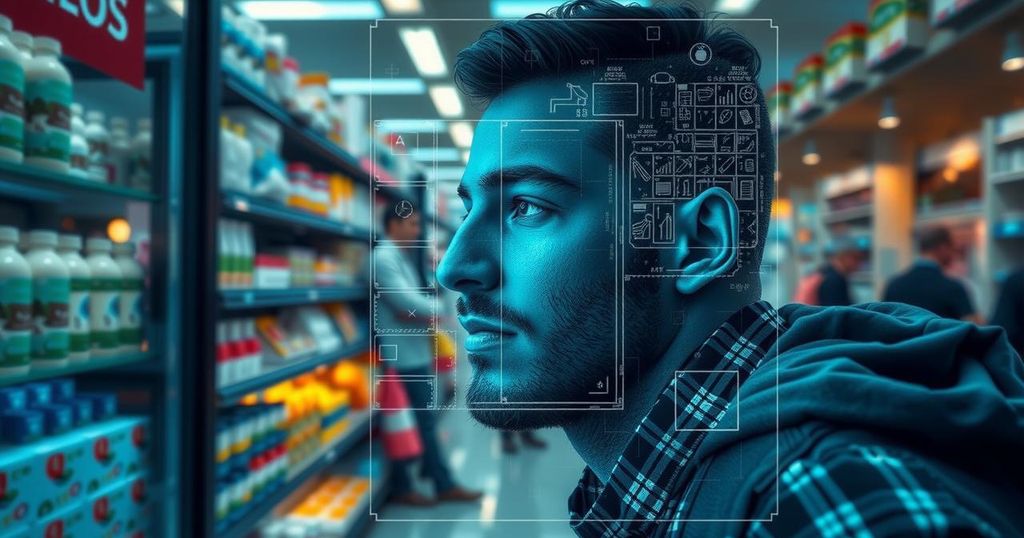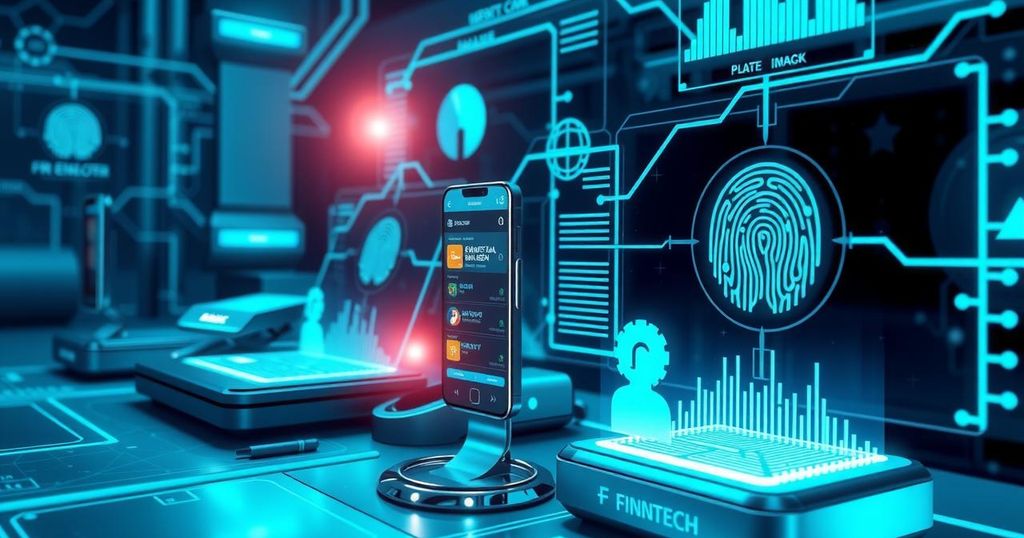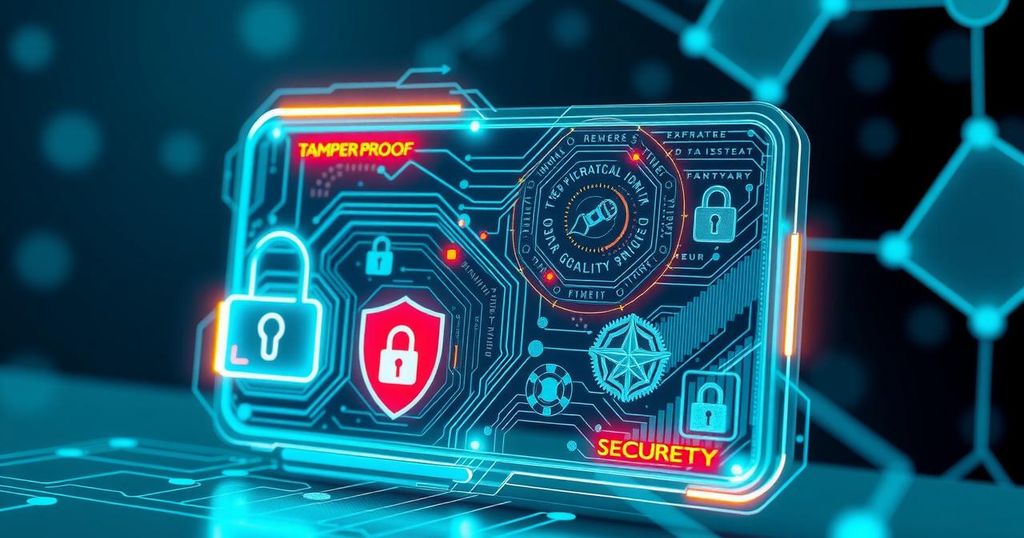Retail theft in the U.S. has escalated to $100 billion annually, prompting retailers to adopt facial recognition technology to combat various forms of theft, including ‘sweethearting.’ Corsight AI’s module specifically targets sweethearting by analyzing interactions and flagging suspicious behavior. Despite its growing implementation, the technology faces legislative hurdles, particularly around privacy concerns in urban markets.
In response to rising retail theft, which accounts for an estimated $100 billion in losses each year in the U.S., retailers are increasingly employing facial recognition technology to mitigate this issue. This theft extends beyond traditional shoplifting and employee theft to a rapidly growing phenomenon known as “sweethearting.” This occurs when employees provide unauthorized discounts or free products to friends or family, bypassing necessary transactional protocols like item scans and legitimate refunds. To counter this type of theft, Corsight AI has introduced a specialized facial recognition module aimed at detecting sweethearting incidents. Retail establishments, such as the Mall of America, have begun adopting this technology. Gal Biton, Corsight’s global VP of sales, highlights that their platform scrutinizes interactions between employees and customers, identifying atypical patterns and flagging suspicious contacts. “These flagged interactions often reveal sweethearting cases where customers, in cooperation with cashiers, leave with unpaid items,” Biton notes. Corsight’s module is integrated into a comprehensive AI-based retail security suite that includes capabilities for monitoring watchlisted individuals, detecting unauthorized access to restricted zones, and observing behaviors indicative of theft, revealing a holistic approach to tackling retail crime, which is an increasingly urgent global concern. Research by the Security Industry Association (SIA) indicates a significant endorsement of facial recognition technology among senior retail executives. A survey from UK-based Opinion Matters found that at least 15 of the top 50 U.S. grocery stores have implemented this technology to fight theft. Another technology gaining ground is Facewatch, a cloud-based facial recognition system that matches live images with a database of individuals connected to prior theft or antisocial behavior. This system alerts staff in real-time when it detects a match, allowing for immediate responses. In New Zealand, trials in grocery stores have yielded encouraging results in theft identification through facial recognition, suggesting potential for wider application. However, in the U.K., legislative discussions are focusing on the ethical implications of facial recognition in retail amid rising theft rates. New York City faces its own legislative hurdles, with a bill aimed at limiting the use of such technology in grocery outlets, fueled by concerns over privacy and surveillance. Grocery owners in NYC are contesting such measures, and new regulations propose requiring explicit customer consent for biometric data usage, with significant penalties for non-compliance.
The increasing trend of retail theft in the U.S. has led to substantial financial losses and a growing need for effective preventive measures. ‘Sweethearting,’ defined as an insider scam where employees provide perks to friends or relatives, has further complicated this issue. As retailers seek solutions to protect their assets, facial recognition technology has emerged as a frontrunner, bolstered by concerns over traditional loss prevention methods.
The shift towards facial recognition technology in the retail sector is a response to soaring theft rates, with cutting-edge solutions like those from Corsight AI and Facewatch being actively deployed. Despite promising developments and supportive research, the ethical implications and regulatory challenges of using such technology remain salient, particularly as discussions continue concerning privacy and user consent, especially in populous urban areas like New York City.
Original Source: www.biometricupdate.com







